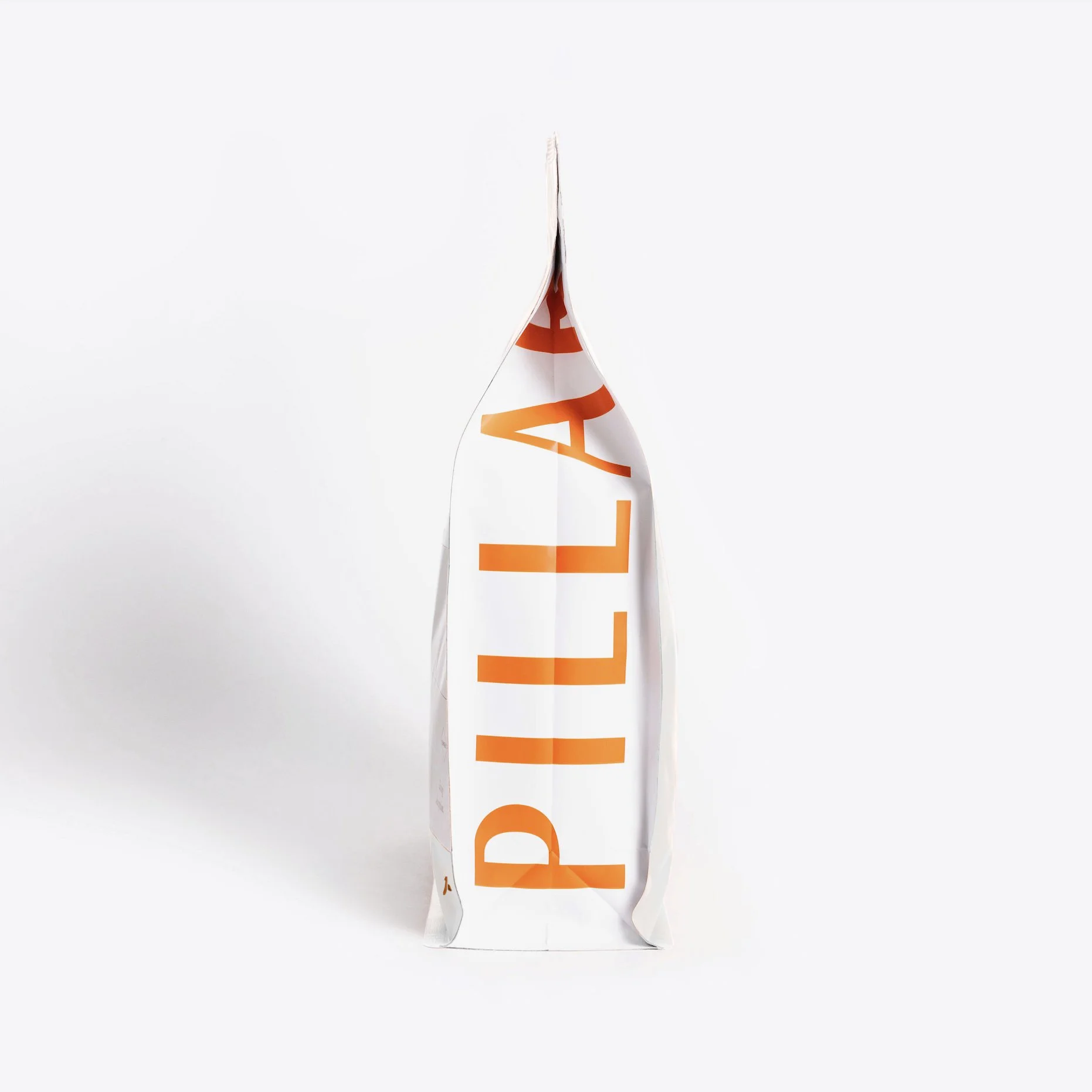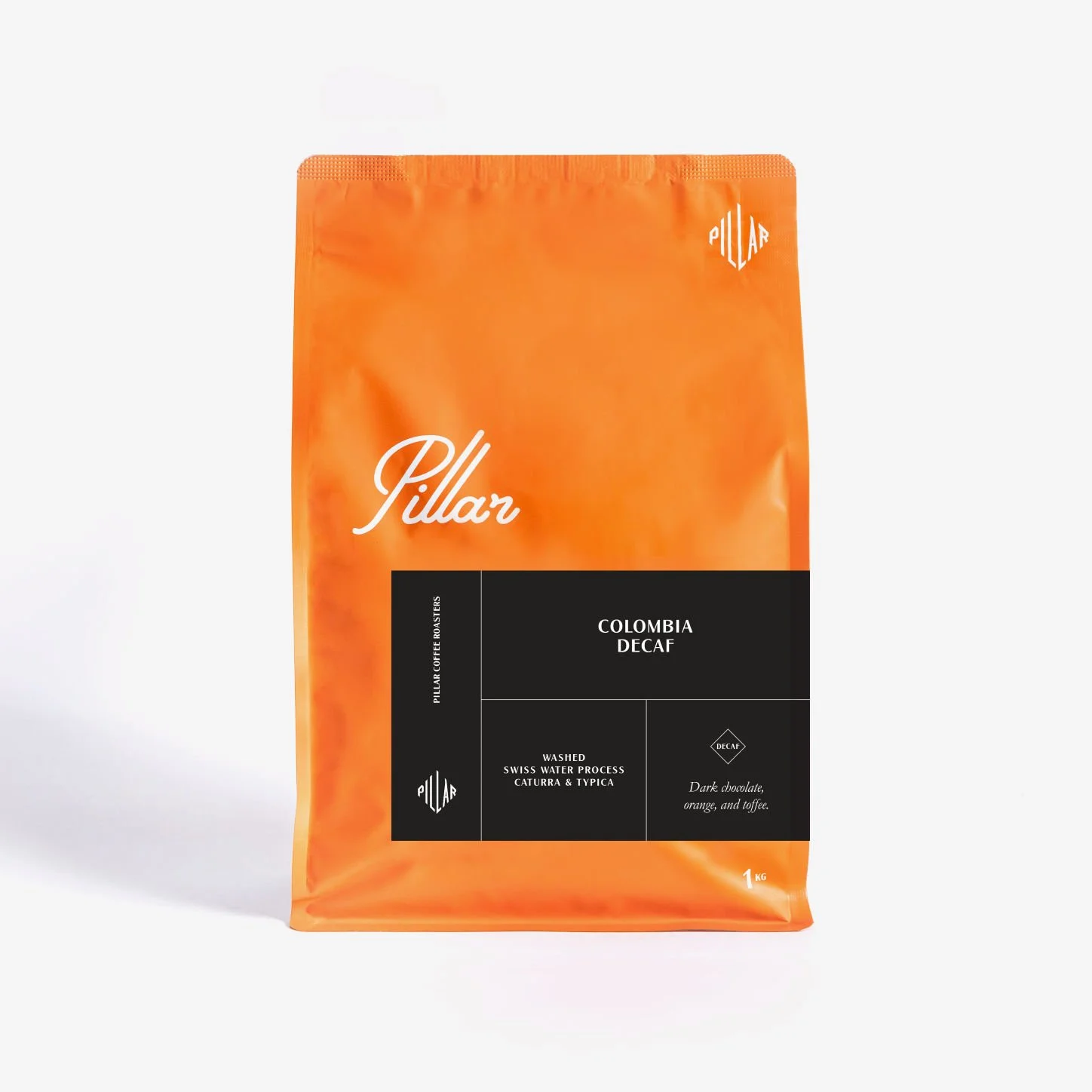Ethiopia Danche - Filter


Ethiopia Danche - Filter
Ethiopia
Danche washing station
Yirgacheffe
Kurume, Dega & Wolisho
1950-2000 masl
Red Honey
Stone fruit, black tea, and caramel.
Handpicked and Sugar-Checked: At the Danche washing station, only the ripest cherries make the cut, with each one selectively handpicked. To make sure they’re just right, the beans are Brix tested using a refractometer, which is a QC tool for checking sugar levels. The cherry is sorted at various stages, then floated and sorted again, with any floaters (which usually means lower quality or defects) sorted out and removed.
Fermentation sensation: Once the chosen cherries are selected, they’re fermented for 48 hours. After that, and within just a few hours, the cherries are depulped--meaning the outer skin is removed. But here’s the honey twist--a good amount of the mucilage (that sticky fruit pectin layer) is left on. The remaining mucilage helps bring out sweet fruit and a fuller body in the final coffee, giving the brew an almost perfect compromise between a washed coffee and a natural coffee.
Slow and Shady: Once processing is complete, the beans are then laid out on raised African drying beds, but instead of rushing the process, Danche Washing Station takes their time, drying under more shade than usual. This slows down drying time, allowing for more deep sugar development and complexity of flavours, whilst being sure to regularly turn the cherry to prevent overfermentation and promote even drying. Under the 'Slow and Shady' treatment, it takes about 14 to 18 days to dry the beans down to the ideal 11.5% moisture level.
Rare nectar: Honey processing isn’t common in Ethiopia, which makes this Danche coffee from Yirgacheffe a bit special. Grown at elevations between 1950 and 2200 meters above sea level, this method is also eco-friendly and naturally organic.
Why not more common? Honey processing requires more time, better controls and is significantly more labour-intensive than either washed or natural processes. The upside, though, is that it brings out a beautiful mix of qualities in the cup--like a carefully curated mixtape, it's kinda got the best of everything (oops, don't reveal your age).









